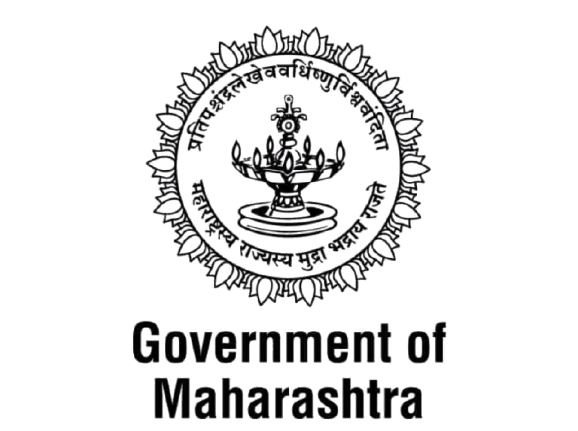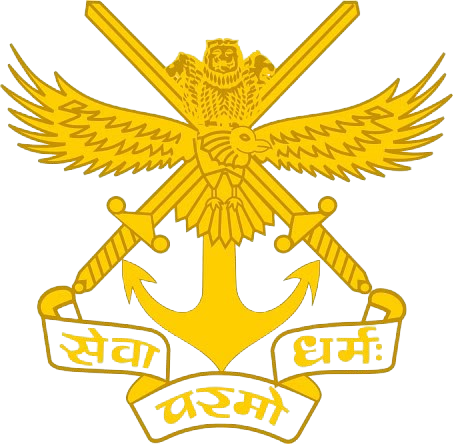The Khadakwasla Lake Project is a pioneering initiative by the Maritime Research Center (MRC) that focuses on understanding underwater channel characteristics and sediment classification in tropical shallow freshwater systems. Located near Pune, the Khadakwasla Lake provided an ideal site for this field research, given its complex seasonal variations and significance as a local water source.
This project aims to address critical gaps in underwater acoustics and sustainable freshwater management. By integrating advanced technology with academic research, MRC is setting new benchmarks for underwater studies in India and contributing valuable data for researchers and policymakers alike.
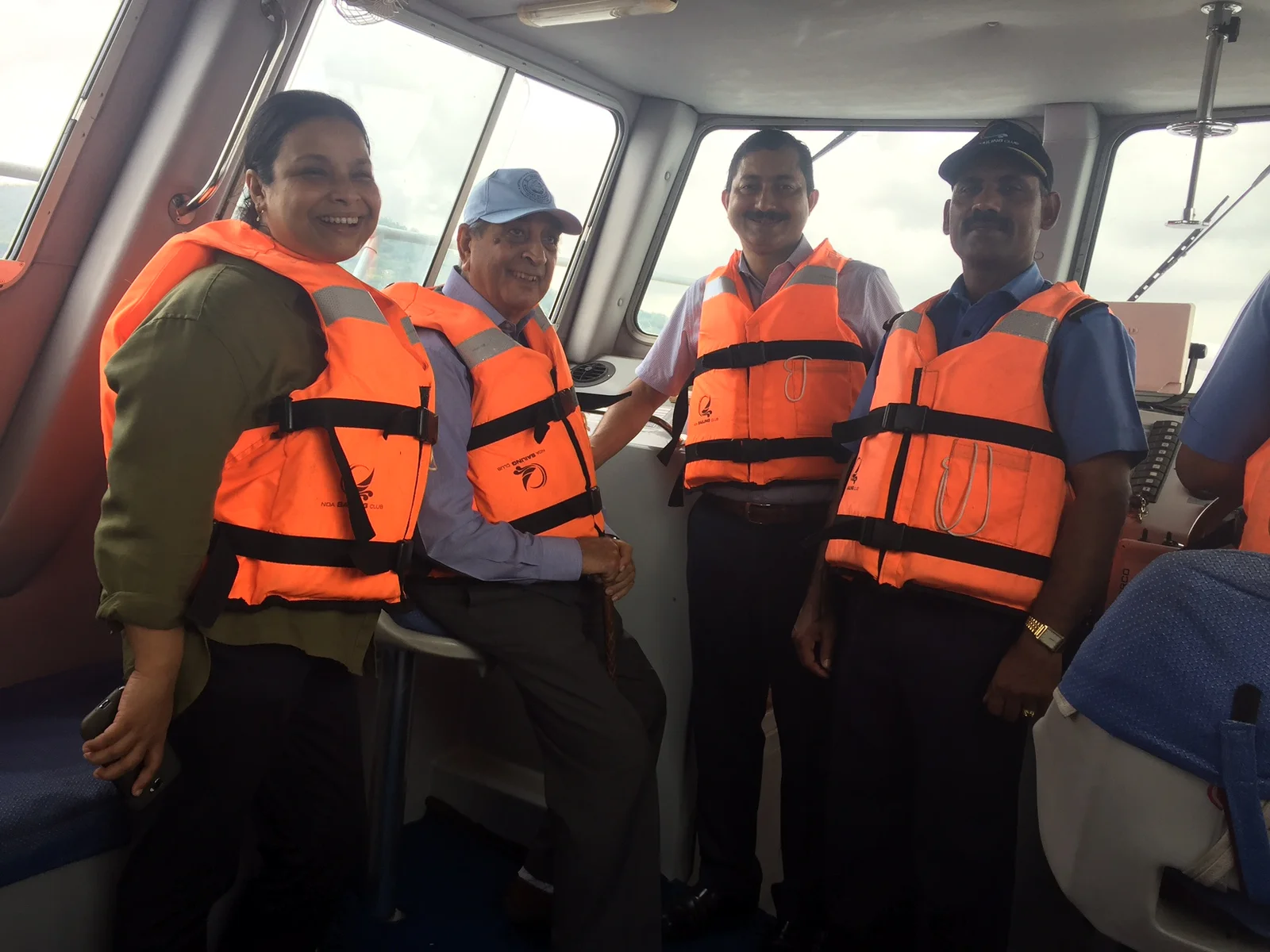
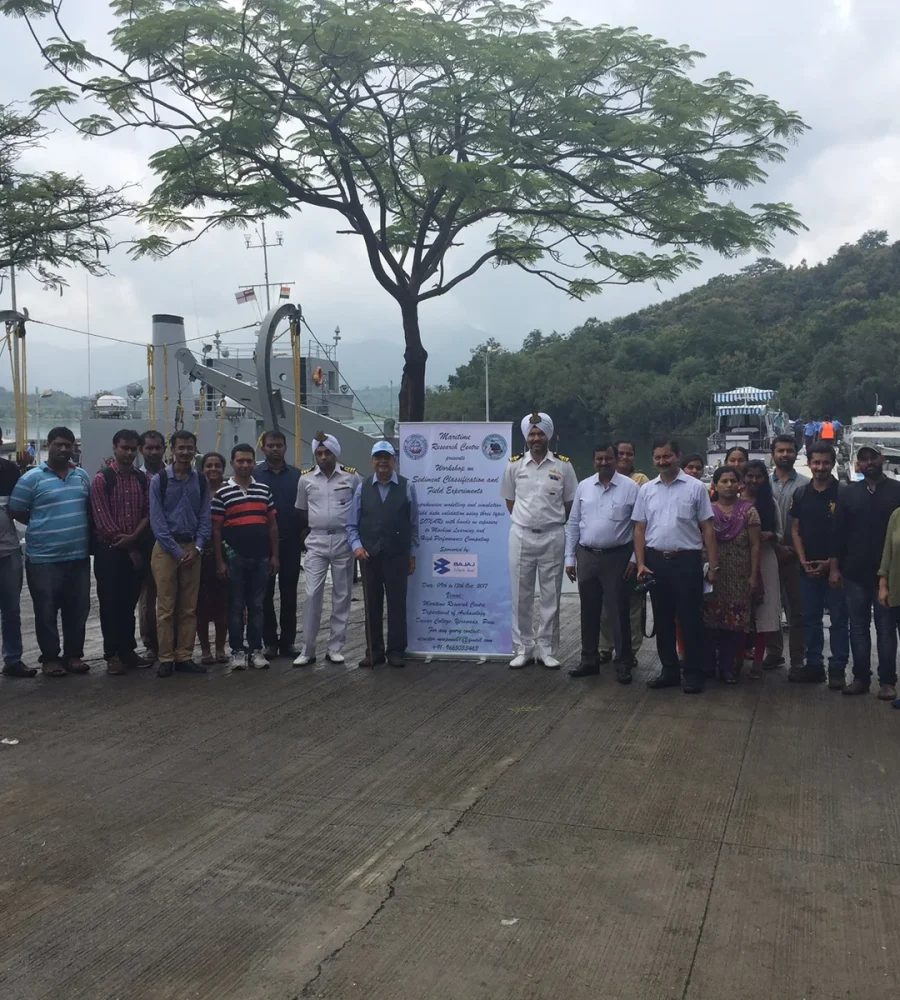
The insights from this project will aid in better freshwater management, digital transformation, and governance for tropical water bodies.
Underwater acoustics has undergone significant advancements over the past century. This project explores:
Understanding how underwater sound travels, affected by seasonal and random thermal stratification.
Studying how temperature variations distort the echoes received from the lake bed and surface.
Analyzing sediment types through sonar and sampling, helping manage siltation and water quality.
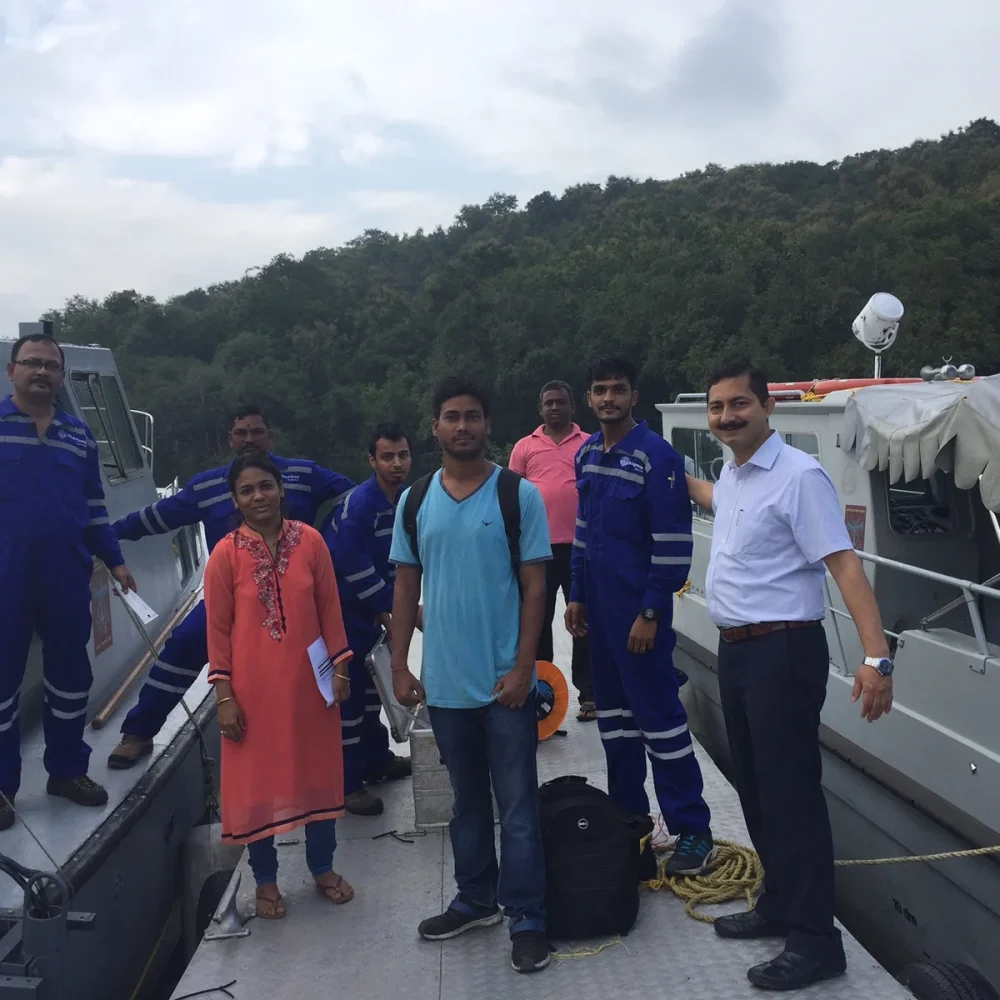
A vital aspect of the project was its extensive fieldwork and training component. In October 2017, MRC organized a comprehensive workshop at Khadakwasla Lake, bringing together over 25 researchers, PhD scholars, postgraduate students, and young professionals from various institutions.
Participants conducted real-time experiments using advanced instruments, including:
These tools helped map underwater parameters, study sediment layers, and demonstrate practical sonar deployment. The workshop offered invaluable hands-on experience and fostered a culture of collaborative learning.
Over its three-year duration, the project generated invaluable data sets that have already supported the research work of multiple PhD scholars, postgraduate students, and interns at MRC. It has established a new benchmark for conducting large-scale freshwater field experiments in India.
Looking ahead, MRC aims to:
🎯 Expand similar studies to other tropical water bodies.The success of the Khadakwasla Lake Project is a testament to strong collaboration between multiple stakeholders:


